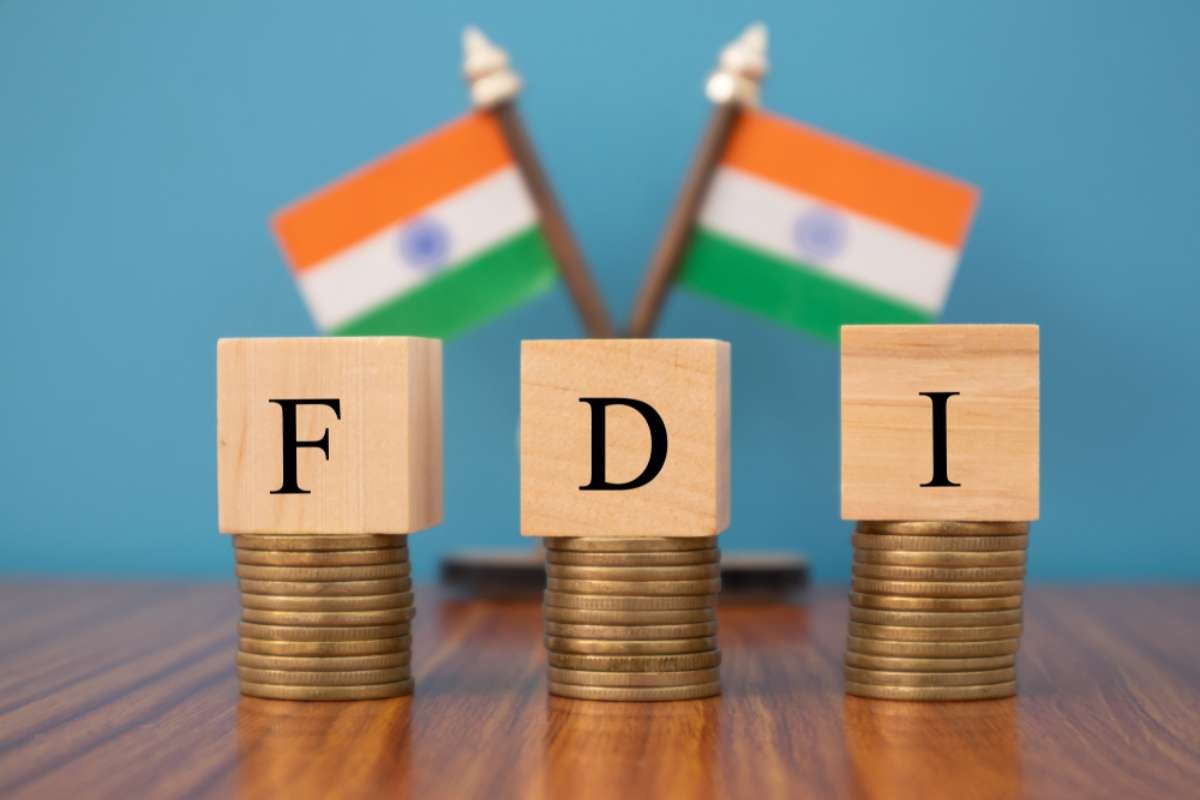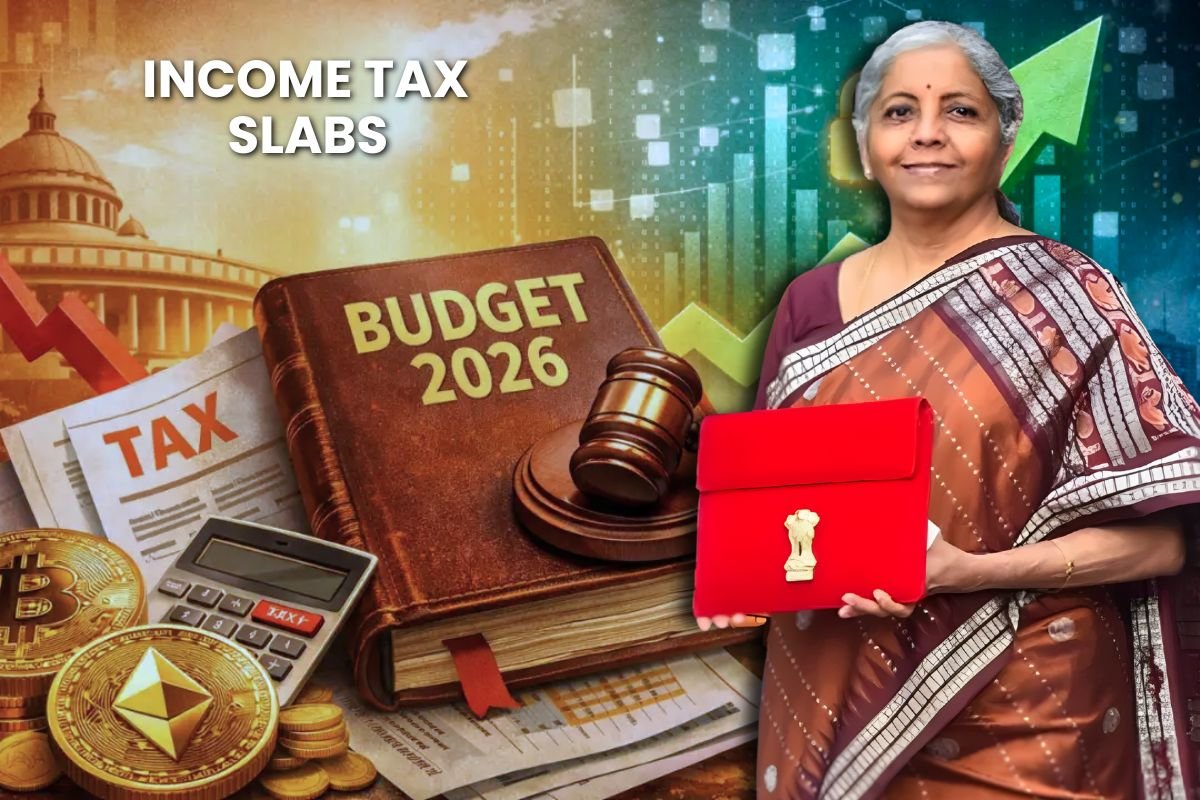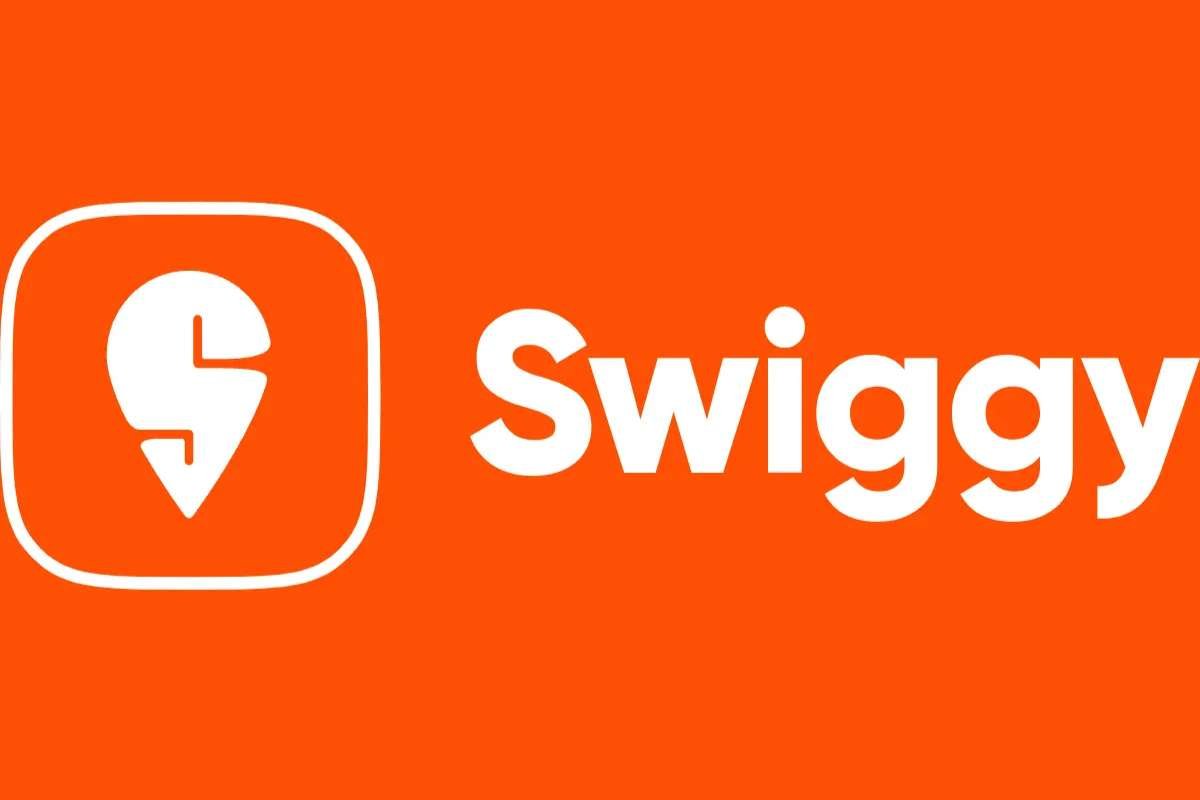Tribunal Temporarily Halts Data Sharing Ban
In a significant development, India’s National Company Law Appellate Tribunal (NCLAT) has temporarily suspended a five-year ban imposed on data sharing between Meta and WhatsApp. This decision provides much-needed relief to the U.S. tech giant, which had expressed concerns about the adverse impact of the ban on its advertising business. The directive, originally issued by the Competition Commission of India (CCI) in November, barred WhatsApp from sharing user data with Meta entities for advertising purposes. Meta had argued that the order lacked “technical expertise” and warned that it might necessitate rolling back or pausing certain features.
The tribunal noted that the ban could potentially lead to the collapse of WhatsApp’s business model, given its reliance on user data for personalized advertising. The decision to suspend the ban comes as NCLAT continues to review Meta’s challenge against the CCI’s antitrust ruling.
Impact on Meta’s Business in India
India represents Meta and WhatsApp’s largest market, with over 350 million Facebook users and more than 500 million WhatsApp users. The ban, had it been enforced, could have disrupted key business operations, particularly the ability to offer personalized advertisements. Meta highlighted that features enabling small businesses, such as Indian fashion brands, to target ads based on interactions with WhatsApp users might have to be rolled back. This would undermine a significant aspect of Meta’s advertising model.
In the financial year 2023-24, Meta’s advertising arm in India, Facebook India Online Services, recorded $351 million in revenue—the highest in five years. A Meta spokesperson welcomed the tribunal’s ruling, stating the company would “evaluate next steps.” Meanwhile, the CCI has yet to comment but retains the option to challenge the decision in India’s Supreme Court.
Background and Privacy Concerns
The case against WhatsApp began in 2021, amid widespread criticism of changes to its privacy policy, which users were required to accept to continue accessing the service. The CCI’s ruling in November deemed this policy coercive, asserting that users must be given the choice to opt out of data sharing with Meta. In response, Meta clarified that the policy changes were intended to provide transparency around optional business messaging features and did not expand data collection practices.
The controversy isn’t limited to India. In 2021, WhatsApp faced scrutiny in the European Union for failing to communicate policy changes in clear and understandable terms. The platform later agreed to provide better clarity to EU users regarding its policies.
This latest decision marks a pivotal moment for Meta and WhatsApp in India as they navigate ongoing regulatory challenges. While the suspension of the data sharing ban offers temporary relief, the final outcome of the case remains critical to the company’s long-term strategy in its largest market.








